Book Appointment Now
Category Conditions
Post-stroke – Timely rehab key to regain full mobility
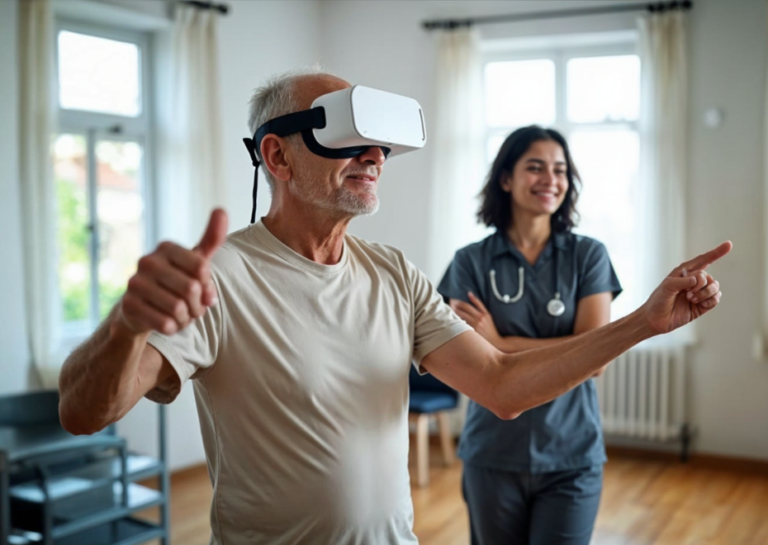
A lot depends on the cause of the stroke, where it occurred in the brain, how soon it was detected, and the severity – these factors decide how much recovery or rehabilitation will happen and what type of therapy is…
Spinal Cord Injuries: Etiology and Age-Related Variations

Spinal cord injuries (SCI) represent some of the most severe and life-altering medical conditions, profoundly impacting an individual’s mobility, sensory function, and autonomic processes. The etiology of SCI exhibits significant variability across different age demographics, influenced by factors such as…
Revolutionizing SCI Rehab with Artificial Intelligence
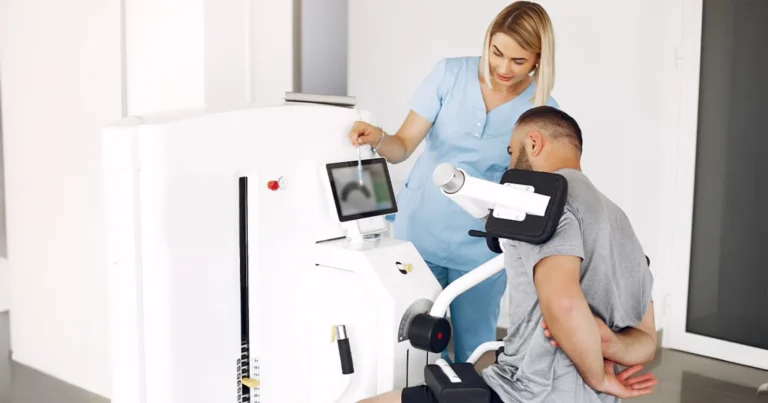
Spinal cord injuries (SCIs) represent a significant challenge in modern healthcare, often resulting in profound physical and psychological impacts on patients. The rehabilitation process for SCI patients is complex and multifaceted, traditionally relying on generalized approaches that may not fully…
SCI Recovery: The Role of Neuroplasticity in Healing
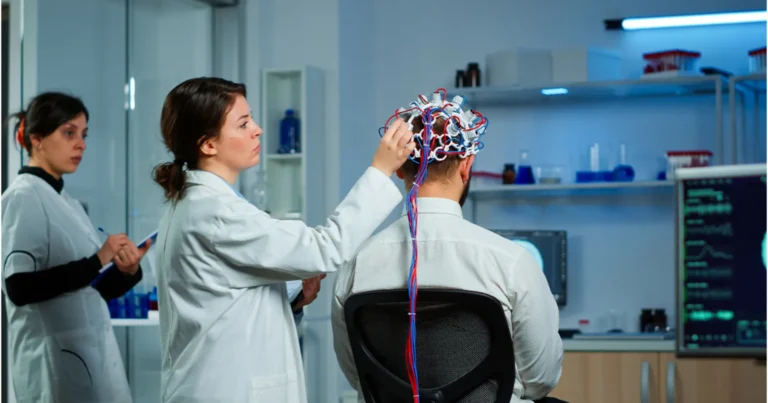
Spinal Cord Injury (SCI) is a devastating condition that can result in partial or complete loss of motor, sensory, and autonomic functions below the level of injury. Despite the profound consequences of SCI, recent advancements in neuroscience have shed light…
SCI: Advancements in Stem Cell Treatments

Spinal cord injuries (SCI) represent some of the most devastating and life-altering conditions in modern medicine. Traditionally viewed as irreversible, these injuries often result in partial or complete paralysis, profoundly impacting both motor and sensory functions. However, recent decades have…
SCI: Comparing Complete vs Incomplete Injuries – Prognosis & Rehab
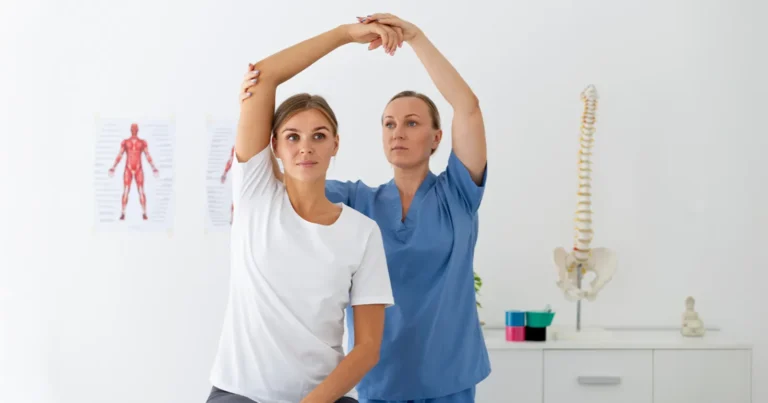
Spinal Cord Injuries (SCI) represent a significant medical challenge, with profound implications for patients, healthcare providers, and caregivers. This article aims to elucidate the critical distinctions between complete and incomplete SCIs, focusing on prognosis and rehabilitation approaches. 1. Defining Complete…
Parkinson’s Disease: Can It Be Fatal? Debunking Common Myths
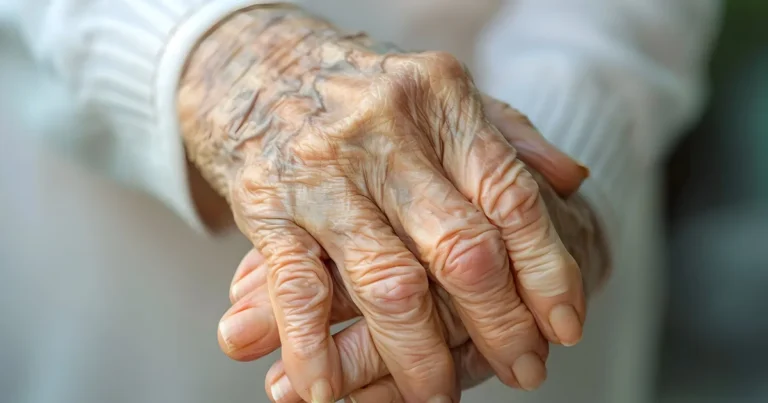
Parkinson’s disease is a neurodegenerative disorder surrounded by many myths, leading to confusion and fear. A common question asked is, “Can Parkinson’s disease kill you?” The truth is that Parkinson’s itself is not usually the direct cause of death, but…
Is Parkinson’s Disease Genetic? Key Facts to Know
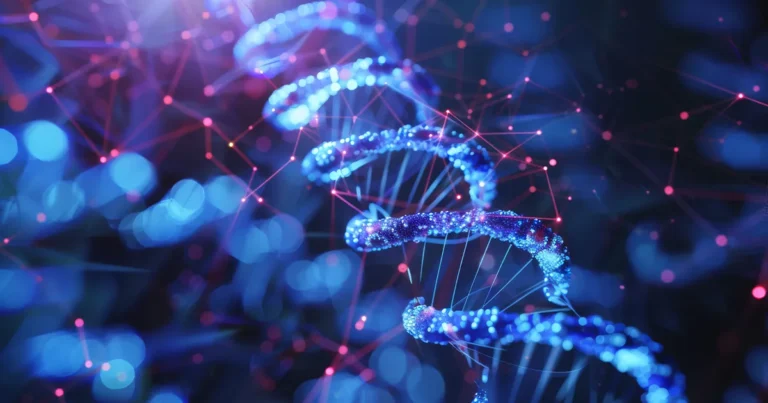
Parkinson’s disease is a progressive neurological disorder that primarily affects movement, causing tremors, stiffness, and difficulty with balance and coordination. While the exact cause of Parkinson’s disease remains unclear, both genetic and environmental factors are believed to play a role.…
Parkinson’s vs Alzheimer’s : A Comprehensive Comparison

Introduction Neurodegenerative disorders, particularly Parkinson’s and Alzheimer’s disease, represent significant challenges in modern healthcare. Both profoundly impact neurological function, yet they manifest distinctly, affecting various aspects of patients’ lives. This article aims to elucidate the key differences and similarities between…
Parkinson’s Disease and ALS : A Guide to Early Symptoms

Introduction Parkinson’s disease and Amyotrophic Lateral Sclerosis (ALS) are neurodegenerative disorders that affect movement, muscle control, and overall physical function. While they share some similarities, their progression and symptoms differ significantly. This article explores the early symptoms of both conditions…
Parkinson’s Disease: Understanding Current Research and Treatment Prospects
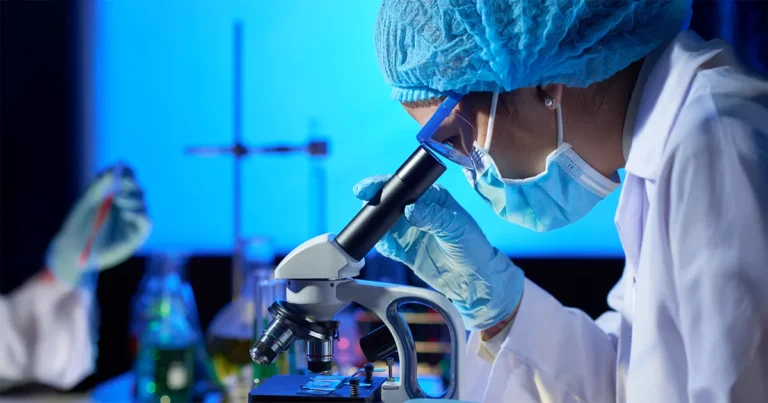
Introduction Parkinson’s Disease (PD) is a progressive neurodegenerative disorder affecting millions worldwide. Characterized by both motor and non-motor symptoms, Parkinson’s disease can significantly impact patients’ quality of life. This article explores the current state of Parkinson’s disease research, available treatments,…
